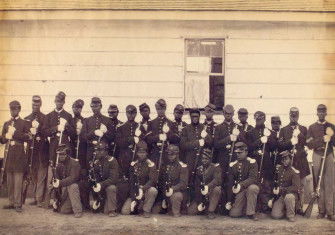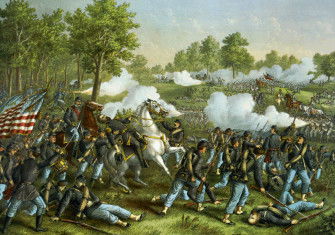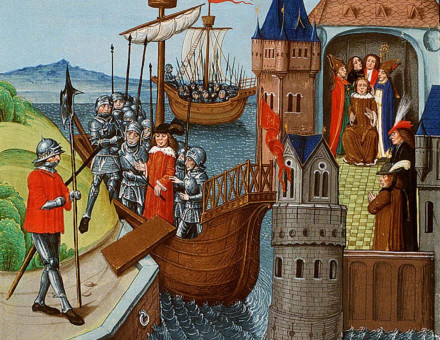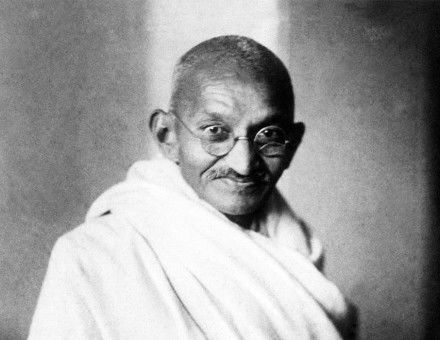The Man who Haunts America
John Brown, the abolitionist firebrand, remains a potent figure in the United States’ febrile politics of race.
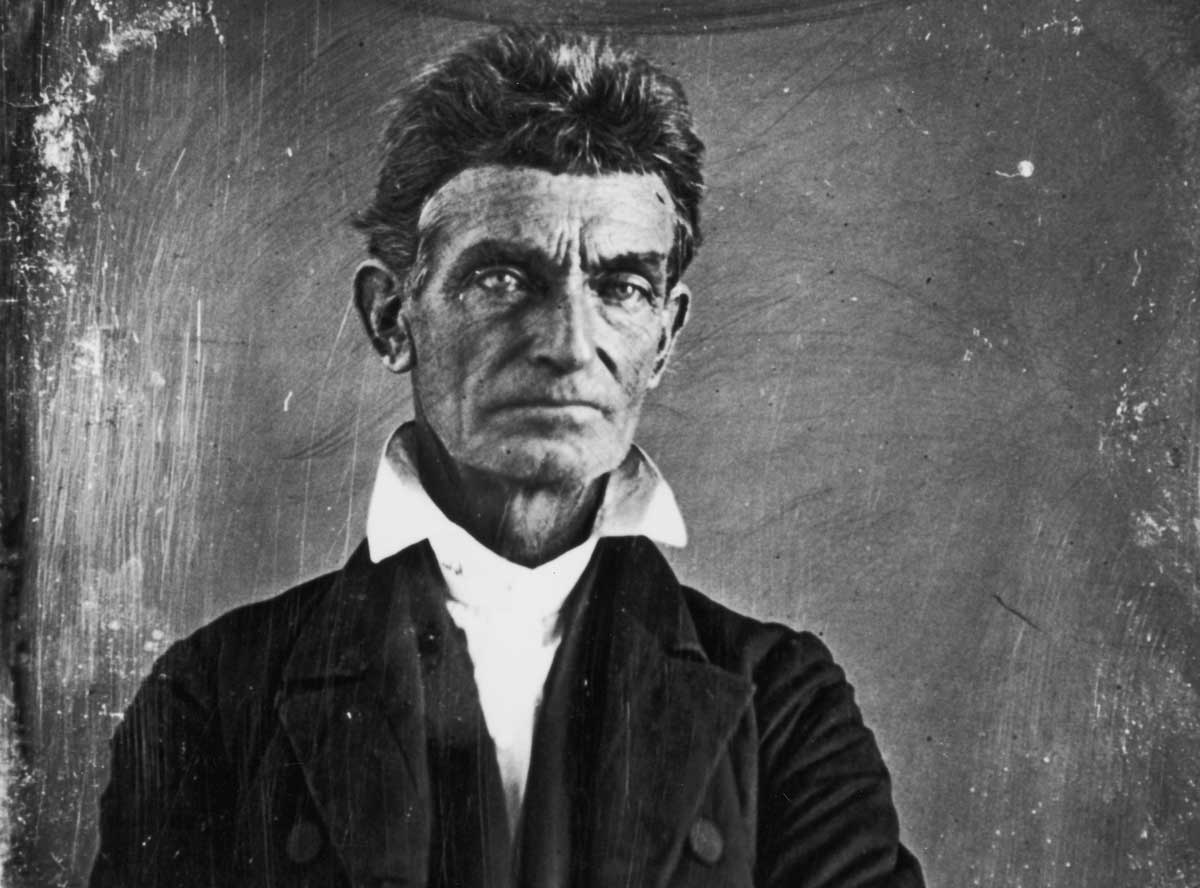
David Blight, the Pulitzer Prize-winning historian, once wrote that as ‘long as we have a politics of race in America, we will have a politics of Civil War memory’. He could just as easily have written that, as long as the United States has a politics of race, its politics will continue to be haunted by the ghost of John Brown.
Tall, gaunt and with piercing eyes, John Brown launched his raid on Harper’s Ferry, Virginia on the night of 16 October 1859. The plan was for Brown and his gang of anti slavery guerrillas to storm the town, seize its federal arsenal, distribute weapons to the enslaved and lead what Brown hoped would become the largest slave insurrection in American history. A spectacularly stupid and poorly designed plan, the raid failed almost as soon as it started. Not only did Brown fail to free a single slave, but most of his men died in a shootout at the arsenal, where he was taken alive and charged with inciting a rebellion against the state. Brown was hanged a little more than two months later.




